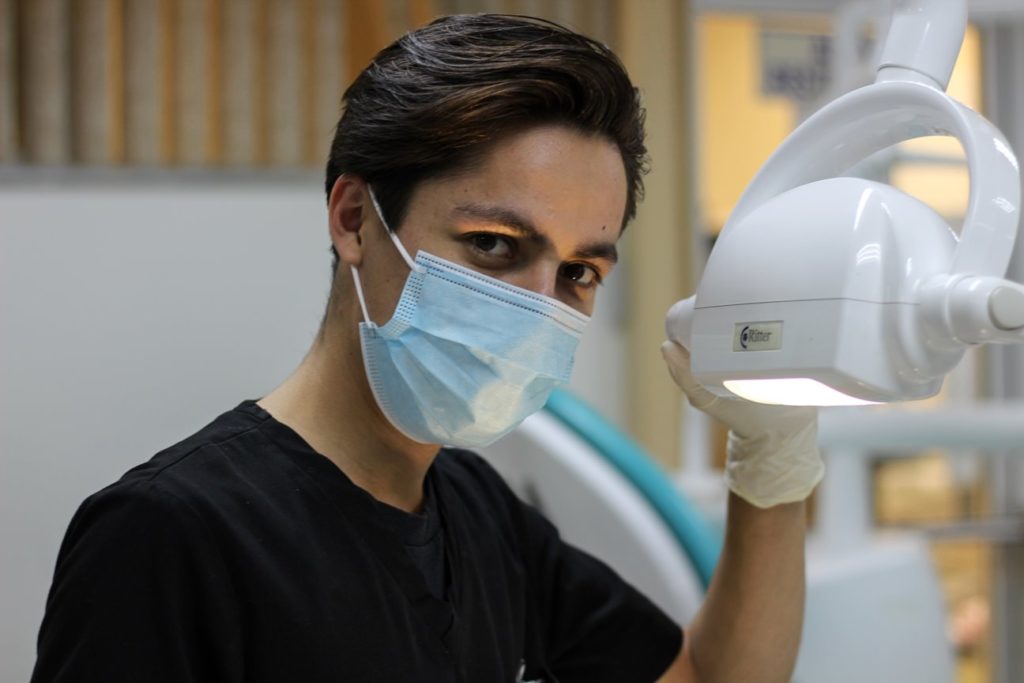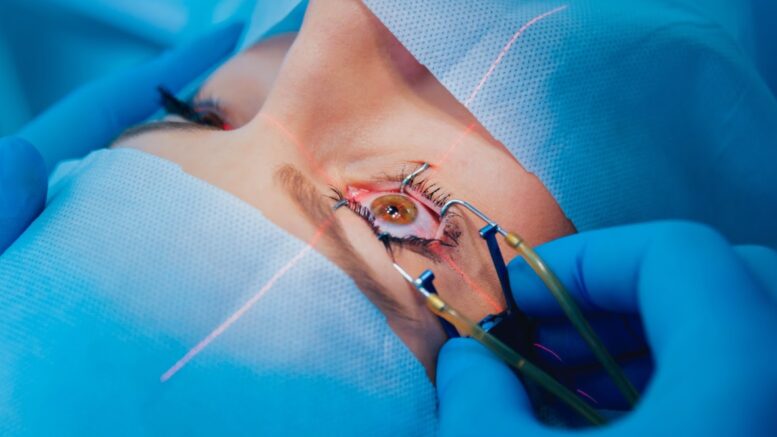Eighty percent of what you perceive in your surroundings is made possible by your sense of sight. As the most highly developed sensory organ in your body, your eyes play an irreplaceable role in your day-to-day life. But what happens if your eyesight and vision become impaired?
Thankfully, ophthalmology and optometry opened numerous doors of opportunities to people with poor eyesight. With today’s technology, corrective lenses can assist individuals in seeing better using eyeglasses and contact lenses.
Taking eyesight correction to another level, corrective surgeries are among the best medical advancements introduced to the optical landscape for the past years. The recent talk of the town, LASIK surgery, is among these breakthroughs.
What Is LASIK Surgery?
Laser in-situ keratomileusis, simplified as LASIK, is the most popular eye corrective surgery due to its painless and straightforward approach. LASIK surgery is best performed on patients with nearsightedness, farsightedness, and astigmatism since the procedure uses a cutting laser to reshape your cornea, enhancing your vision.
The three eye conditions mentioned above are triggered by incorrect light refraction. By changing the shape of your cornea, light refraction on your eyes will be corrected, resulting in clearer vision.
Things To Consider When Getting LASIK Surgery
If you’re considering getting LASIK eye surgery, it’s essential to give it some thought before splurging on the procedure. It’s best to consult with your eye professional to carefully assess your needs, requirements, costs, risks, and safety.
With these in mind, here are four essential things to think about when considering LASIK surgery:

Finding The Best LASIK Professionals
Despite its simplicity, LASIK surgery should be accomplished by certified professionals in the field. If you’ve been wearing corrective eyewear before considering a LASIK, you can ask your optometrist for refractive surgeons within your area. If you’re already seeing an ophthalmologist, they can perform the surgery themselves.
Furthermore, take a look at the qualifications of your chosen eye professional. They must have at least a state license and certification recognized by organizations like The American Board of Ophthalmology, which means that your eye doctor has undergone specialized training.
Is The Procedure Right For You?
Not everyone experiencing an eye condition is automatically eligible for LASIK surgery. This is why it’s important to have an eye examination and assessment to determine if LASIK suits your condition.
As mentioned earlier, people experiencing nearsightedness (myopia), farsightedness (hyperopia), and astigmatism are best for LASIK since the procedure can bring blurry vision back to 20/25 or better. If your eyes only have a moderate refractive error, healthy, and have no unusual vision problems, LASIK isn’t worth considering.
You might want to discuss other options with your eye doctor if you’re suffering from the following eye conditions:
- Glaucoma
- Cataracts
- Eye infections including conjunctivitis, keratitis, and the like
- Eye diseases involving the cornea, such as keratoconus
- Large pupils
Moreover, your general health condition also influences the health risks associated with LASIK surgery. If you have the following medical conditions, LASIK may not be the best corrective eye surgery for you:
- Diabetes
- Lupus
- Human immunodeficiency virus (HIV)
- Rheumatoid arthritis
- Multiple sclerosis
Risks and Complications of Getting LASIK
Before committing to any health procedure, a patient must be fully aware of the risks that come with it. Since LASIK surgery has promising rewards, specifically an almost back-to-normal vision, you should already expect its numerous risks.
Take a look at the risks and complications of undergoing LASIK surgery:
- Dry eyes
- Undercorrections or overcorrections
- Double vision, halos, and glare
- Flap problems
- Astigmatism
The possibility of experiencing these enumerated risks increases if your LASIK surgery wasn’t accomplished by a reliable eye professional. Your risk factors may also increase if you’ve neglected your eye assessment and general health examination.
Along with recognizing the risks and complications associated with LASIK, you should also understand its pros and cons if you’re planning to get one since this will answer any questions you may have.

Are The Costs Worth It?
In 2020, the average cost of LASIK surgery reached USD$2,246 for one eye, which has slightly increased since 2018, priced at USD$2,199 per eye. We can infer that LASIK surgery costs are rising annually. Since you’ll have to put more money on the line, it’s even more important to weigh its advantages and disadvantages according to the costs.
LASIK may not be a worthwhile health investment when the potential benefits you can get don’t justify the risks and costs. For instance, if you still have good overall vision and only require eyeglasses or contact lenses occasionally, the vision improvement you’ll get from LASIK won’t be worth it.
Also, the prices of LASIK surgery aren’t fixed to these estimated costs. They may climb further depending on your refractive error or if your surgeon will perform a custom LASIK with specialized technology.
Takeaways
Corrective eye procedures, like LASIK surgery, are undoubtedly a revolutionary integration of technology into healthcare. Thanks to LASIK surgery, people can have a second chance at seeing the beautiful world.
If you’re planning to have your vision corrected with LASIK, it’s crucial to understand that this procedure involves benefits, risks, potential complications, and hefty costs that require your utmost planning and preparation.
